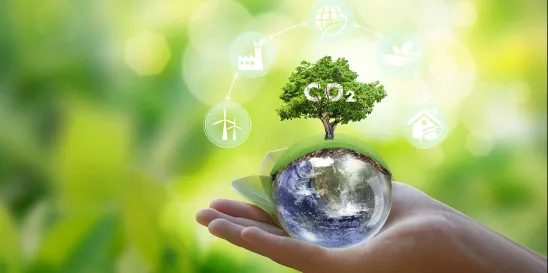Responding to pressure from activists who have argued that “[c]arbon neutral claims are greenwashing, plain and simple,” the European Parliament and Council have reached a provisional agreement to ban all carbon-neutral claims in member states. If the Parliament approves the deal, member states will have 24 months to enact legislation to implement it. So, a new set of laws could become effective in 2026. Corporations will have some lead time to come into compliance.
The EU provisional agreement, if made final, will be the latest blow to carbon neutrality claims and is particularly unfortunate in not distinguishing between credible and non-credible offsets. This could also hurt voluntary carbon markets, which have been jarred by the recent demise of the giant, offset-producing African Kariba Project.
Commentators have also speculated that the EU Parliament and Council action is an effort to “put a thumb on the scales” of the FTC Green Guides revision process, currently underway in the United States. If the FTC were to follow suit, carbon reforestation projects worldwide could be jeopardized. Of course, the FTC is bound by the First Amendment and would be reluctant to “ban” a statement. However, it could erect onerous substantiation and disclosure requirements that render such claims much more difficult to make.
The ill-fated Kariba Project has become an unfortunate bellwether for carbon neutrality claims based on credits generated from reforestation or forest preservation. The episode may say more about financial speculation in carbon markets than it does about the science of reforestation. Replanting trees is a surefire way to sequester carbon – at least for a while – and financial incentives to do so should be encouraged, not discouraged.
These realities aside, the clear upshot is that carbon neutrality claims are increasingly under attack by activists who seemingly lump all carbon offsets together as “harmful” – whether generated by reforestation, carbon capture, or voluntary carbon reduction. That’s too bad, as any credible financial incentive to remove carbon from the atmosphere should be encouraged, if not financially incentivized. The role of independent certifiers is to ensure that the carbon offsets are real and not overstated. A flat ban seems counterproductive to environmental protection and greenhouse gas reduction.
The sad reality is that many companies will begin to migrate away from reliance on carbon offsetting. It is simply becoming too risky. Meanwhile, voluntary carbon trading markets will suffer greatly, and a crucial green development mechanism will be lost.




 />i
/>i

